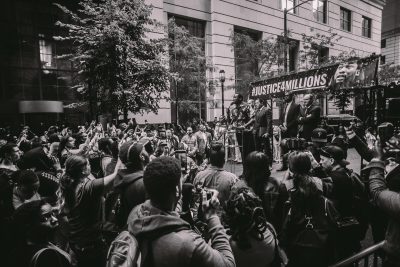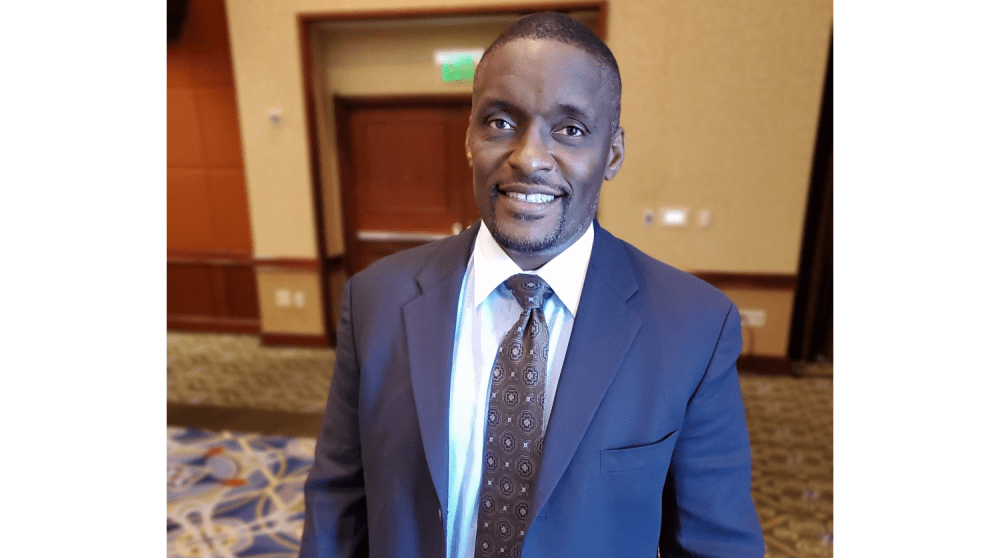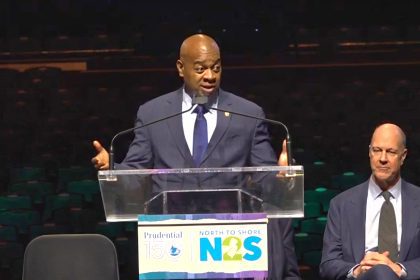Broward County, Florida, is taking a significant step to address the damage caused by controversial practices of its Sheriff’s Office in the 1990s. The county has announced plans to vacate convictions tied to crack cocaine purchases from undercover law enforcement during reverse-sting operations, which have long been criticized as unethical.
Revisiting the crack sting operations
In the 1990s, the Broward County Sheriff’s Office conducted a series of reverse-sting operations that involved undercover officers selling crack cocaine to unsuspecting individuals. The Florida Supreme Court condemned this practice in 1993, calling it “outrageous.” The fallout from these operations left hundreds with convictions that derailed lives and fractured communities. For decades, these convictions created barriers to employment, housing, and education, perpetuating cycles of hardship.
The state attorney’s push for justice
State Attorney Harold Pryor is leading the effort to vacate these convictions, recognizing the lasting harm they’ve caused. Pryor’s initiative could impact up to 2,600 cases, marking a significant move toward accountability within the criminal justice system. His decision reflects a growing acknowledgment of the long-term consequences of these practices, as well as a commitment to fostering trust in the community.
Collaborative effort for change
Sheriff Gregory Tony has expressed his support for the initiative, emphasizing the ethical duty of law enforcement to address past wrongs. This collaboration between the State Attorney’s Office and the Sheriff’s Office represents a notable shift in how such institutions handle historical injustices. Together, they aim to provide individuals with the opportunity to rebuild their lives free from the shadow of unjust convictions.
Steps to clear a record
Individuals affected by these vacated convictions can contact the State Attorney’s Office to begin the process of clearing their records. This effort is vital for those seeking to overcome the challenges associated with a criminal history and regain access to opportunities previously denied to them. Removing these records is an essential part of breaking down systemic barriers and fostering community healing.
A path toward accountability and healing
This decision goes beyond amending legal records; it acknowledges the pain inflicted by these practices and the systemic inequities they represent. Addressing these past injustices is crucial for communities still grappling with their repercussions. It also underscores the importance of accountability in the pursuit of justice and equity within the legal system.
Looking ahead
Broward County’s decision to vacate convictions linked to reverse-sting operations is a meaningful step toward reconciliation. It sends a powerful message about the importance of rectifying historical wrongs and creating pathways for impacted individuals to rebuild their lives. While this action cannot erase the past, it lays the groundwork for a more just and equitable future.












